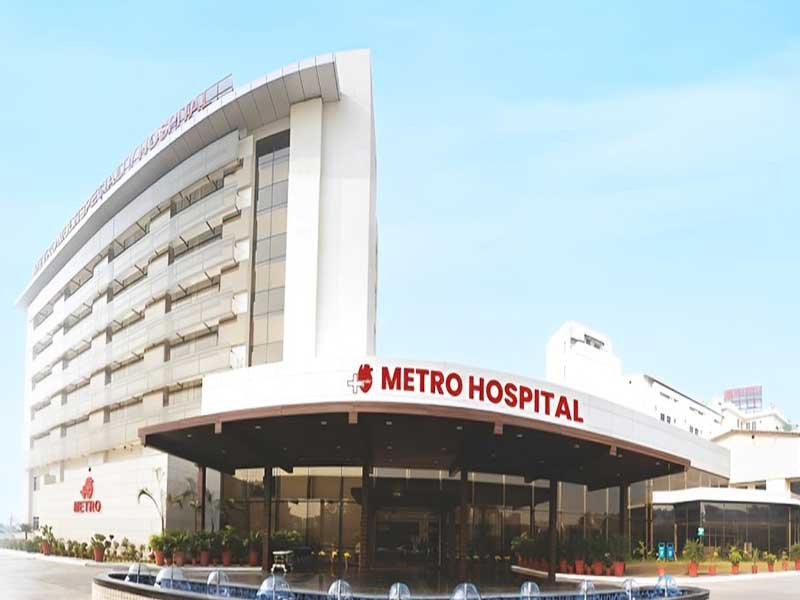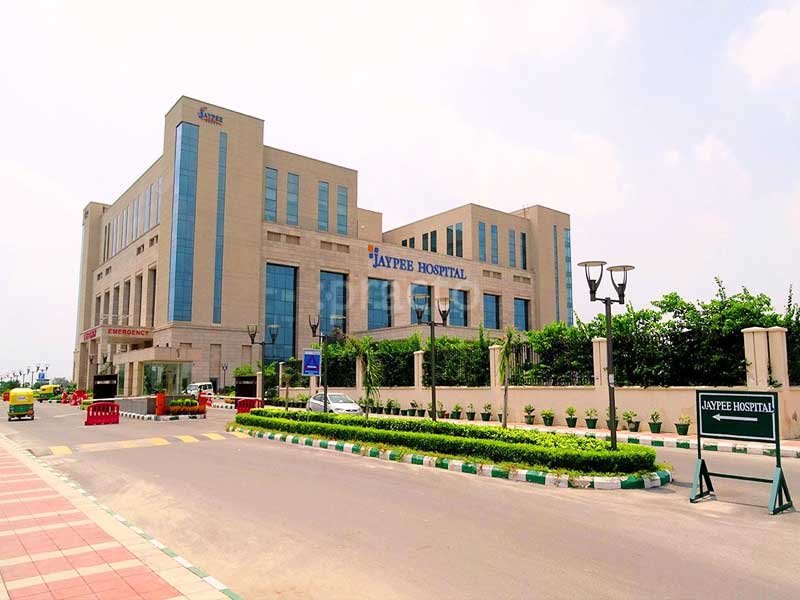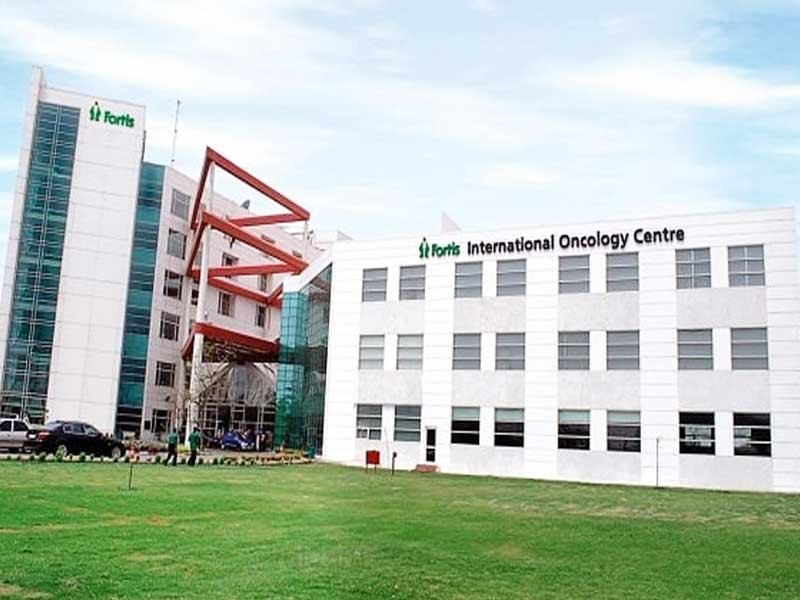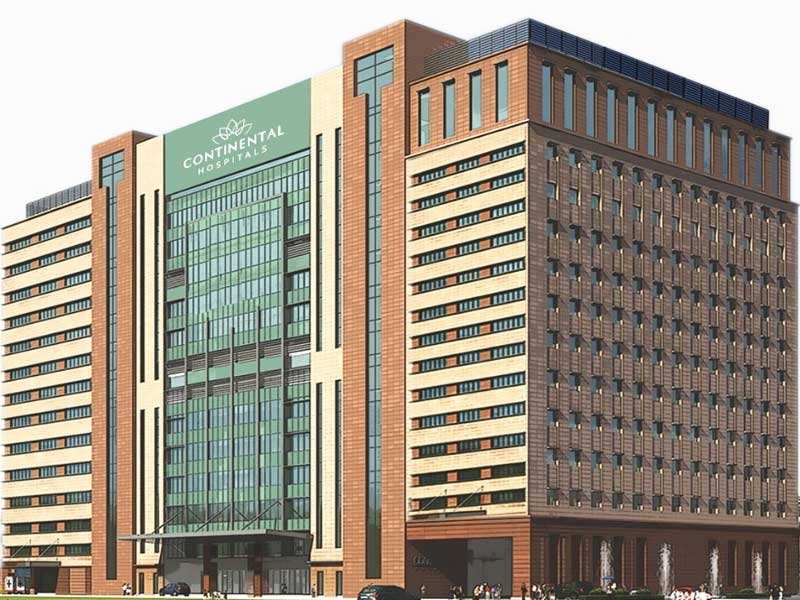Home Treatments Pulmonology
Pulmonology is the internal medicine speciality field concerned with the study, diagnosis, prevention and treatment of disorders related to the respiratory tract. This involves organs like the lungs, windpipe, throat, bronchi, voice box etc.
Doctors who specialise in Pulmonology are called Pulmonologists. They are required to complete a 2 years master’s degree in Pulmonology after completing MBBS.
A doctor who specialises on lung issues is called a pulmonologist. A pulmonologist recognizes and manages respiratory illnesses. These medical professionals may be referred to as chest doctors, lung doctors, or lung specialists. A pulmonologist is trained to identify and manage respiratory illnesses. They may be experts in a particular field, such as critical care, asthma, or sleep medicine. A pulmonologist with a focus on treating the elderly or children may also practice.
Like any other medical field, Pulmonology also provides medicinal treatment for most of the concerned diseases. Medicinal pulmonology does not involve any form of surgery or surgical procedures during the treatment.
Medicines can be used to provide relief in general pulmonological cases like irritated Asthma, viral coughs, infections and flu.
Diagnosing diseases in the organs of the pulmonary tract is not very easy since these are internal organs. So, if a doctor doubts that any organ might be affected, they may prescribe Interventional Pulmonological procedures to be carried out.
Interventional Pulmonology involves various procedures. These procedures are essentially carried out to extract samples from the internal organs. These samples are then sent for further tests to determine the presence or absence of any disease-carrying agents. Based on these reports, the doctor then proceeds to diagnose (any) disease, determine its stage, intensity, damage caused etc.
Some common Interventional Pulmonological procedures are:
Asthma: Asthma is one of the most common pulmonological diseases worldwide. The airways of an asthmatic patient become narrow and often swell, producing extra amounts of mucus. It can lead to inflammation, irritation and difficulty in breathing.
Acute Bronchitis: Inflammation in the bronchial tubes is known as Bronchitis. This can cause cough, shortness of breath and production of thick mucus.
Lung Infection: Another common disease on the list is lung infection. This can be caused due to changing weather conditions, bacteria, viruses etc.
Lung Cancer: Lung Cancer is one of the most severe diseases in Pulmonology. Cancerous cells develop in parts of the lung and multiply rapidly. This leads to severe cough, chest pain, shortness of breath, thick mucus etc. Lung cancer can be developed by consumption of tobacco and alcohol, smoking, prolonged Asthma or other lung diseases, severe contact with pollution etc.
Detailed questions regarding your medical history and the history of your immediate family will be asked of you, so be prepared. In addition to your smoking history, if you've recently gained weight or lost weight, and dates of significant illnesses or surgeries, you might be questioned about them.
You should be prepared to fill out a medical history form and have a physical examination if it's your first time seeing a pulmonologist. You can discuss the circumstances surrounding your visit and elaborate on your symptoms with your healthcare professional during this time. For information like how long your symptoms have been present and to keep track of any questions you want your healthcare practitioner to address, it may be useful to arrive prepared with paper and a pen.
To aid with diagnosis and therapy, your healthcare professional could request a few tests. These might consist of:
Not all patients with respiratory issues require a visit to a pulmonologist. However, you might require treatment from a pulmonologist if you have a chest injury, are coughing up blood or colored sputum, have complications from surgery that affect your lungs and ability to breathe, need to be put on a ventilator, or have daily prescriptions for oxygen.
You might need to see a pulmonologist if you experience symptoms like unexplained persistent coughing or wheezing, ongoing chest pain during inhalation or expiration, bloody or pink sputum, shortness of breath, or coughing up a lot of mucus. In order to find out if you have sleep apnea, you might also need to consult a pulmonologist if you have trouble falling asleep, wake up frequently during the night, have a persistent dry mouth, or snore loudly.
Most patients are referred to a pulmonologist by their regular care physician, when they are treated in an emergency room, or while they are in the hospital.

Respiratory/ Pulmonology & Sleep Medicine Specialist
15+ Years of Experience

Beds: 539
New Delhi

Beds: 230
New Delhi

Beds: 710
New Delhi

Beds: 650
New Delhi

Beds: 191
New Delhi

Beds: 310
New Delhi

Beds: 330
Gurugram

Beds: 380
New Delhi

Beds: 402
New Delhi

Beds: 1300+
Gurugram

Beds: 1000
New Delhi

Beds: 450
Faridabad

Beds: 675
New Delhi

Beds: 500
New Delhi

Beds: 400+
Faridabad

Beds: 106
New Delhi

Beds: 495
New Delhi

Beds: 504
Noida

Beds: 300
Faridabad

Beds: 104
Gurugram

Beds: 130
New Delhi

Beds: 250
Gurugram

Beds: 400
Noida

Beds: 425
Faridabad

Beds: 300
Gurugram

Beds: 162
New Delhi

Beds: 400+
New Delhi

Beds: 380
Faridabad

Beds: 70
Gurugram

Beds: 262
New Delhi

Beds: 325
Faridabad

Beds: 550
Gurugram

Beds: 370+
Ghaziabad

Beds: 350
Gurugram

Beds: 2600
Faridabad

Beds: 7+
New Delhi

Beds: 71
Noida

Beds: 289
Noida

Beds: 150
Gurugram

Beds: 90
Gurugram

Beds: 400
Noida

Beds: 450
Chennai

Beds: 560
Chennai

Beds: 400
Chennai

Beds: 300
Chennai

Beds:
Chennai

Beds: 300
Chennai

Beds: 180
Chennai

Beds: 200
Chennai

Beds: 750
Mumbai

Beds: 400
Hyderabad

Beds: 1000
Chennai

Beds: 360
Chennai

Beds: 750
Chennai

Beds: 350
Mumbai

Beds: 345
Mumbai

Beds: 400
Mumbai

Beds: 350
Mumbai

Beds: 350
Mumbai

Beds: 310
Mumbai

Beds: 257
Mumbai

Beds: 600
Bengaluru

Beds: 284
Bengaluru

Beds: 450
Bengaluru
.jpg)
Beds: 500
Bengaluru

Beds: 250
Bengaluru

Beds: 80
Bengaluru

Beds: 284
Bengaluru

Beds: 350
Ahmedabad

Beds: 289
Ahmedabad

Beds: 210
Ahmedabad

Beds:
Ahmedabad

Beds: 550
Ahmedabad

Beds: 1000
Hyderabad

Beds: 550
Hyderabad

Beds: 200
Hyderabad

Beds: 204
Hyderabad

Beds: 400
Hyderabad

Beds: 435
Hyderabad

Beds: 585
Hyderabad

Beds: 600
Pune

Beds: 500
Pune

Beds: 350
Pune

Beds:
Pune

Beds: 120
Pune

Beds: 100
Pune

Beds: 300
Kolkata

Beds: 700
Kolkata

Beds: 316
Kolkata

Beds: 440
Kolkata

Beds: 200
Kolkata

Beds: 1300
Kochi

Beds: 600
Calicut

Beds: 670
Kochi

Beds: 510
Kochi

Beds:
Kochi

Beds: 20
Chennai

Beds: 450
Noida

Beds: 150
Hyderabad

Beds: 500
Mumbai

Beds: 22
Mumbai
Our care team can help you.
